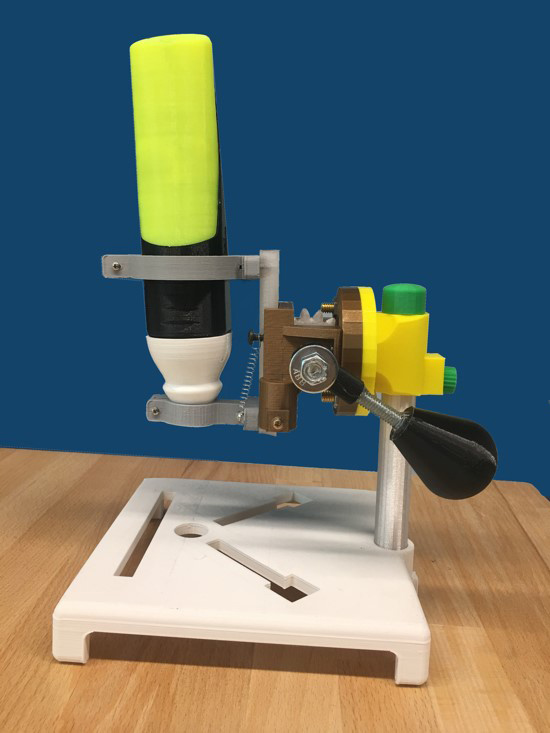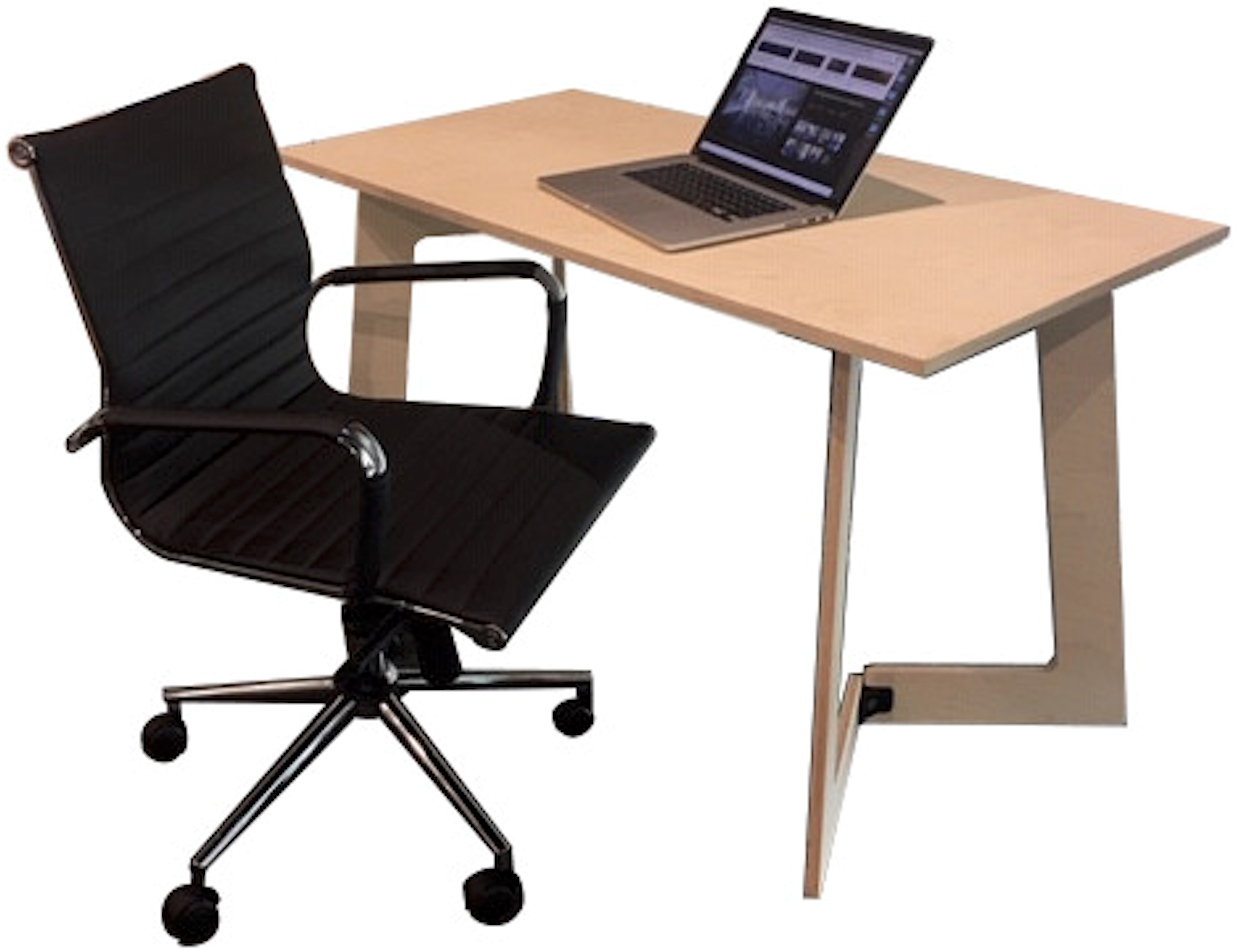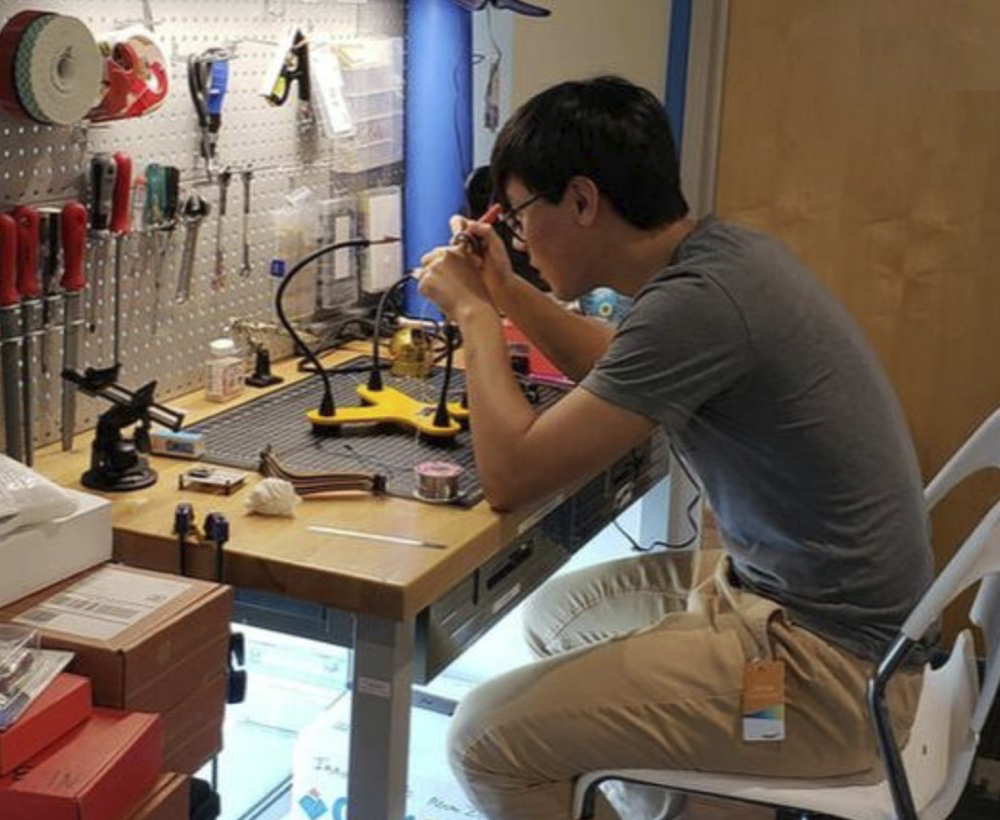Experimenting With New Technologies is Part of the Viasat Way
May 31, 2019
Viasat, Carlsbad’s largest tech company, embodies innovation. They are thinkers, creators and problem solvers, providing global internet over satellites to connect people no matter where they are, whether flying at 35,000 feet, or living in a remote community in the middle of rural Mexico.
Recently, Kiersten Rielly, my Innovate78 colleague, and I visited Viasat’s Innovation Lab, a resource for all Viasat employees to explore new technologies and widen the possibilities of what can be created next.
On entering Viasat’s Innovation Lab, you get an immediate sense of a company that fosters a culture of experimentation, learning, and creativity. It is wonderfully bright, engaging, and filled with technology such as 3D printers, Internet of Things widgets, a mixed reality HoloLens and more. Artifacts from projects, each with a story, are displayed throughout the lab, including satellite dishes and modems, robots and IOT lamps, 3D-printed drill presses, and even tugboats and dragons that people print as they learn.

Deborah Chandran, Viasat’s Innovation Lab manager, shared the Lab’s philosophy: “We explore to master—everyone is welcome.” She believes innovation is about people. New products are the realization of our innovative process: people have a need, people think of, design, and build innovative solutions; and people purchase and use the innovations. So, for Deborah, the focus is on people, the goal is the innovative process itself. She sees her role as supporting Viasat’s employees. This is a space to experiment, to explore, to test ideas and technologies that seem interesting, but haven’t yet fit into the production stack.

Viasat engineers use 3D printing to create prototypes of real-world products in use today. They prototyped a mount that would attach a satellite dish to the roof of a home. By using 3D printing, Viasat can test product assumptions before going to market. Deborah added, “It’s expensive to manufacture, so teams prototype with 3D printers because it’s faster and more cost-effective than sending designs out to be fabricated.” Deborah recounted the time an engineer 3D printed a drill press while waiting for a replacement to arrive. That temporary drill-press directly contributed to keeping product delivery on track.
The lab features a 360° camera, which Deborah noted was currently being explored to capture the unique spaces of the company’s 30+ campuses, giving recruits a more experiential view into what it’s like to work at Viasat.

The Lab is making their own tables, to fit function. And the company has invested in a Computer Numerical Control (CNC) machine, which has been used by Viasat engineers to mill prototype components for satellite dishes. On the flip side Deborah uses the CNC machine to make her own tables for the Lab. Innovation leads to new products, processes, and even components that improve Viasat’s own tasks and working spaces.
The human element finds expression here too. One engineer 3D printed a bubble blower for his two-year-old daughter. Another engineer printed elephants for her mother as a Mother’s Day gift. Another gifted a small red rabbit to his wife on their 37th wedding anniversary. A Boy Scout team is building an electromagnetic accelerator. A Science Olympiad student printed a violin bridge for his Science of Sound project. Everyone is welcome.

Deborah believes exploration, support, and collaboration seed innovation. She runs workshops, and organizes brainstorming forums to explore new product ideas. She notes “professional play” often has real-world impacts. The striped 3D printed rabbit taught how to print in layers; which led to making 3D models of a 2D floor plan; that supported an engineer who then purchased a 3D printer for his team. In this environment, the 3D printed rabbit on an Innovation Lab table may be part of a journey that informs a component for one of Viasat’s next-generation satellites.
Viasat products are engineered with incredible accuracy, the dish on a roof points to a satellite 22,000 miles above the earth’s surface. The company is dedicated to quality service in all its products. In that process, it embraces its employees and promotes experimentation to discover new products and processes. Whether a success was made, or whether an idea does not pan-out, both are positive and informative, shaping and refining an idea to the exacting standards demanded by their products.
As Deborah closed out our tour, she commented, “The Innovation Lab is one of Viasat’s many efforts to support learning and experimentation that can drive innovation, and positively impact employees and the customer experience.”
By Christie Marcella
